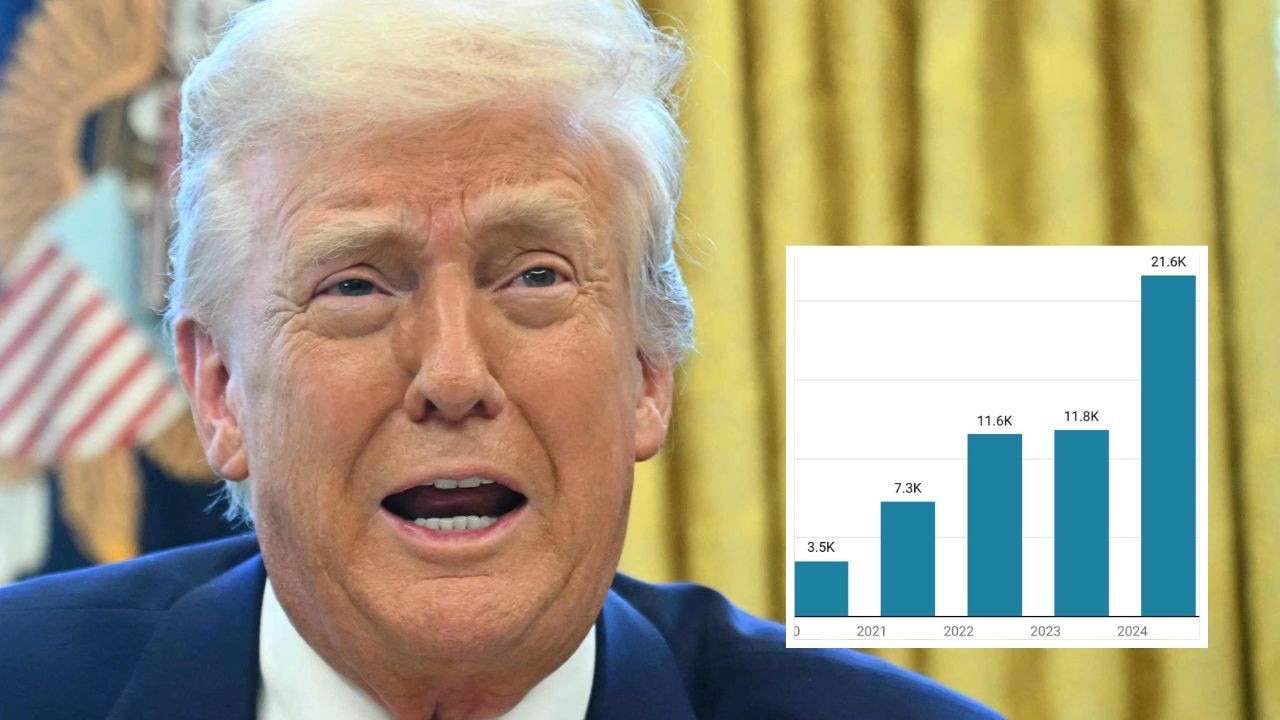How much you really need to retire
STANDARD estimates of taking 65-75 per cent of your final salary as an indication of what you need for retirement are probably too low.

How much you really need to retire
STANDARD estimates of what you need for retirement are probably too low.
The latest ASFA-Westpac retirement cost of living index for the September 2007 quarter states a couple would need $48,648 a year to live a comfortable lifestyle. But this is only an average, so it may well fall short of what you expect.
The ASFA-Westpac definition of comfortable retirement lifestyle is one that allows an older healthy retiree to be involved in a broad range of leisure and recreational activities and to have a good standard of living through the purchase of such things as household goods, private health insurance, a reasonable car, good clothes, a range of electronic equipment and domestic and occasionally international holiday travel.
The annual amount allows you to entertain at home on a fortnightly basis, enjoy seven glasses of wine a week and eat out once a week at a nice restaurant.
For instance, the index estimates that as a couple you would spend $56.28 a week on clothes and $110.34 a week on transport. Leisure would involve an expenditure of $203.93.
But as Colin Lewis of iPAC Securities says, the very nature of such a precise figure as $48,648 smacks of penny pinching.
Ross Clare, director of research at the Association of Superannuation Funds in Australia, concedes the figure is relatively modest in terms of the expectations of many of those currently in the labour force.
"Moving up to having the latest fashion clothing, a monthly $30 mobile phone plan, an annual overseas trip and a more upmarket car would add around $12,000 a year for a couple,'' Clare says.
"Home renovations and other hobby and leisure items could add another $5000 a year or more.''
Given these extras, the ASFA-Westpac retirement income would then increase to $65,000 a year and indeed could be even more than that in the early years of retirement.
Early expenses
Deb Wixted, head of technical at Colonial First State, suggests that many retirees need more than their salary at retirement to fund the early years when they are fit and well and keen to travel.
"It has been suggested that you need more in the first five years although you don't really have to allow separately for these early years as it all evens out over time,'' Ms Wixted says.
While the starting point for working out how much you will need in retirement comes down to looking at your expected expenses, it is not something that can always be done easily when retirement is 15 to 20 years away.
It becomes a much easier exercise once you are in the home straight.
By that stage, the children are largely off your hands, the mortgage is gone and already you are getting a handle on what your spending habits may be in retirement.
Budget the details
Bob Davidson, of boutique financial advisory group Swanton and Davidson, says that while most high net worth individuals may not need to do a detailed budget, it will still stand you in good stead to have a rough idea of what you will need.
Andrew Heaven, a financial planner with Wealth Partners, says budgeting can be the hardest thing to do, but it is a necessity. How much you need is an individual thing - thankfully we don't all live in the same city, drink the same wine and drive the same car.
It might just be as general as looking at how much you have left in your bank balance at the end of the month and working out just how much you are spending and then tweaking that figure for changes in your lifestyle that might come with retirement.
For instance, you will no longer have to find the money to fund your daily travel to work any more or pay for your suits to be dry-cleaned on such a regular basis. On the other side of the ledger, you may find that you now need additional funds to fill your days with entertainment and travel.
Compiling a budget will give some meaning to having a target figure to aim for when you retire.
"Unless you know what you are hoping to achieve, a lump-sum figure can be pretty meaningless,'' Ms Wixted says.
You then need to look at a number of variables to ensure you can achieve your goal. These include your ongoing super contributions, cash flows, tax liability and your investment vehicles such as money within super and/or family trusts.
The next stage is to make adjustments, such as not having to find the costs of daily travel to work any more or the addition of funds to buy your own lunch every day.
Calculations
If you want to retire at 55, you will need 17 times the amount you have calculated as your after-tax retirement expenditure. If you plan on retiring at 60, you need 15 times. And if you wait until 65, only 13 times.
The more traditional way of working out how much you might need in retirement was to plump for between 65 per cent and 70 per cent of your final net income.
This general estimate, however, that was a standard for many years, may be too general and you may be better served by having a more detailed understanding of your actual needs.
But whatever gauge you use to quantify the amount of money that will maintain the lifestyle you want for all the years that you are in retirement, it's still important to remember that what is right for your neighbour is not necessarily right for you.



